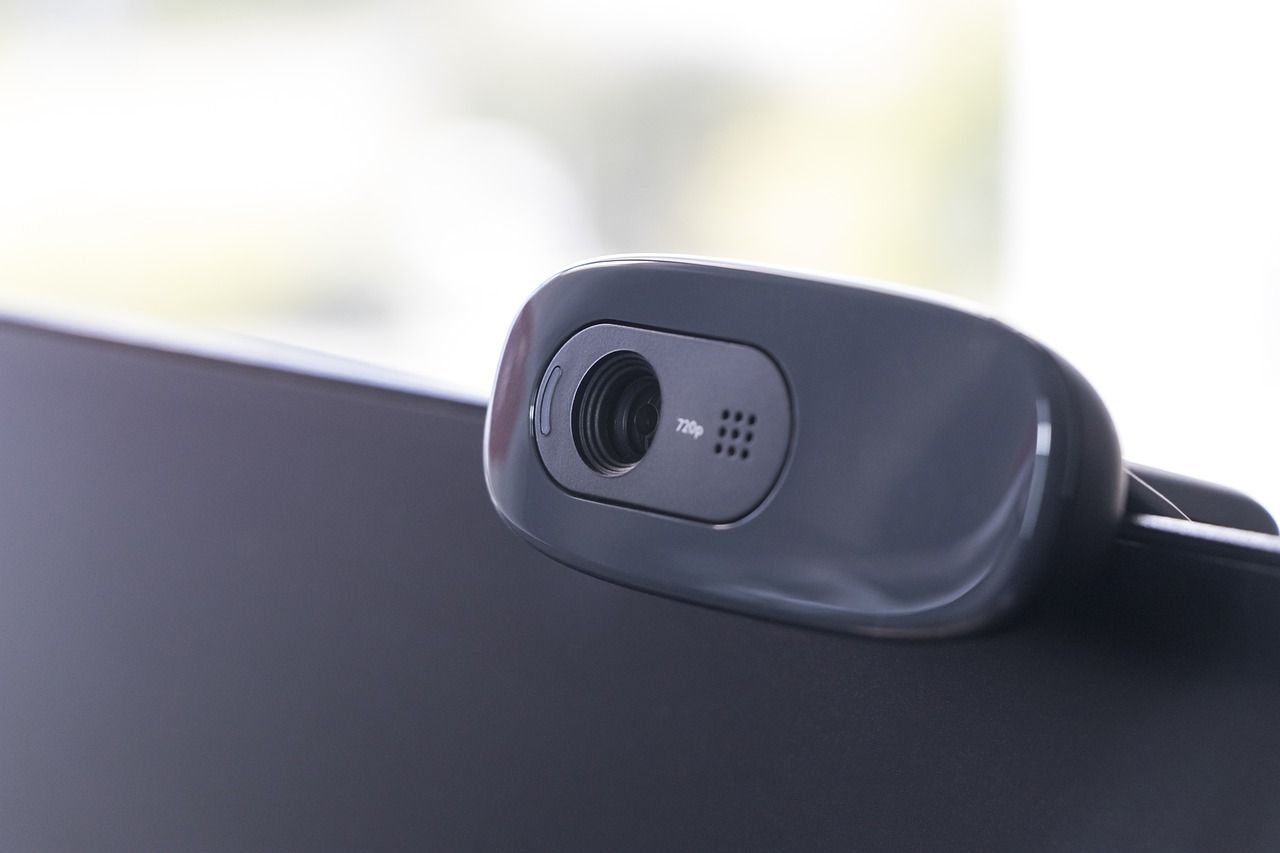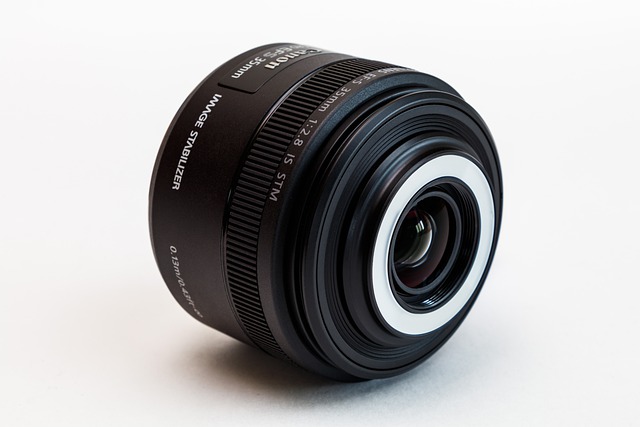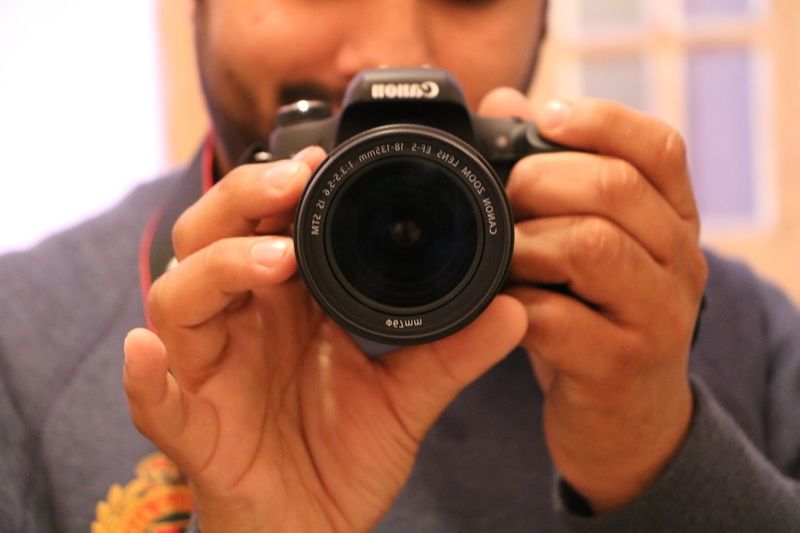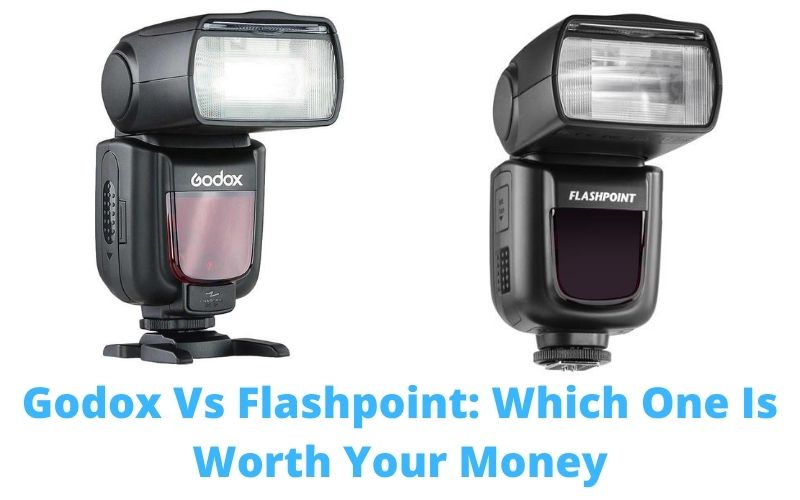4K resolution is nice to have when you’re editing and decide you need to crop in to remove something. This offers great image fidelity. It is currently the trending resolution for modern computing and the most exciting resolution for gamers. And these days, every new flagship camera on down to most phones and compact cameras will boast of its 4K video chops.
Nowadays, the question every filmmaker’s faces – To go for 4K camera or not? The question is usually dictated by what he/she is filming.
And to solve this issue, you have to learn about what does 4K camera mean and what it means for your production.
4K camera can produce an 8.3-megapixel image. But do you actually need it or not depend on the storage capabilities.
What Is A 4k Camera?
4k camera refers to the device that can produce images with 3860×2160 pixels resolution. It has got its name from the horizontal display resolution of approximately 4000 pixels.
Most of the 4k video cameras record with this resolution in 16:9 ratio. It is also called Ultra HD or UHD.
However, the true 4k resolution standard is 4096×2160 pixels. 4k film cameras provide this resolution in 17:9 ratio. The movie industry uses this resolution, and this resolution is known as the DCI 4k.
4k cameras allow you to view your footage on much larger displays than 1080p without any drop in the quality. It brings high definition results making the videos high quality and realistic.
Take a glance at some 4k cameras that will be suitable for both hobbyists and professionals.
| Product Name | Features | Cost |
| Panasonic LUMIX GH5S
|
10.2-megapixel Micro Four Thirds sensor, 4K Anamorphic professional video, Dual Native ISO
|
$1897.99 |
| Sony a7S II ILCE7SM2/B
|
full-frame camera with 5-axis image stabilization, 12.2 megapixels 10 35mm full-frame Exmor cmos sensor, bionz x image processing engine
|
$874.5 |
| Fujifilm X-T4
|
26.1MP X-Trans CMOS 4 APS-C sensor, Vari-angle 3-inch 1.6 million dot touch screen LCD, Electronic Shutter: 20fps continuous shooting at full resolution with AF
|
$1699.00 |
| Sony Alpha a6500
|
24.2MP APS-C Exmor sensor w/ advanced processing up to ISO 51.200,
Wide 425 phase detection AF points,
|
$744.99 |
| Panasonic AG-DVX200 | Lens built-in with manual control of zoom, focus, and iris (but could be a mark against if you want to choose your own lens), Integrated IR filter for 4K shooting in complete darkness.
|
$3,118.99 |
Can The Human Eye See 4K?
With the growing popularity of 4k resolution, many of us ask if human eyes can determine the difference between 1080p and 4k. Well, it depends on a few things.
The first thing is the viewing distance. If you sit far away from the screen, it’s hard to discern the difference between 1080p and 4k. The optimal viewing distance differs depending on your visual acuity. While someone with 20/20 vision can see the difference sitting farther away, someone with less than perfect vision may not.
Another major thing is the size of the screen. Most experts agree that the minimum screen size should be 42 inches to enjoy a real 4k experience without sitting too close to the monitor.
However, it’s not the same for computer monitors as we sit much closer to them. The larger the screen, the further you can sit from it.
Should You Shot In 4k?
While 4k has brought a massive change in the picture quality and shooting videos, it has also some disadvantages that may thwart you from using it. Besides, during the discussion on what does 4k camera mean, I would like to tell you all about its advantages and flaws. Let’s learn them in detail below.
Why Should You Shot In 4k:
Aesthetic Appeal: 4k is not only about more pixels. It also reduces the color branding. Hence shooting in 4k provides higher bitrates and deeper color. Again, it can produce sharper and edgier images than 1080p.
4k resolution can be downscaled to a lower resolution to display on a full HD screen. You’ll get a more nuanced and detailed picture in 1080p by this edit that will make your video more vibrant.
Editing: 4k editing offers various techniques that might not be possible with HD footage. You can crop by up to 4× and still maintain full HD video resolution. Similarly, you can zoom in or out, pan across an image, maintaining 1080p resolution.
Chroma keying means combining foreground objects with a different background has been made much more comfortable with 4k cameras.
Again, video stabilization is much easier with 4k. Various editing applications like Adobe Premiere Pro include algorithms to stabilize the image, and they do a great job here. But this editing process decreases the resolution. So, if you’re working from 4k, you’ve got a significant amount of extra pixels to work with.
Shooting Agile Moments: These cameras offer a faster capture rate. It helps you to shot your agile moments. Especially the 4k action cameras can capture at 60 fps and make the videos more pleasing to the eyes. That’s why action cameras are familiar to people who love sports and adventures.
Grabbing Better Stills from 4k Videos: Sometimes you need some excellent still shots from the videos and just like the video resolution, still grabs from 4k resolution are far better than 1080p.
Again, many cameras feature a 4K frame grab technology, which offers you the opportunity to film a 4K video and then extract a still image from your footage in UltraHD. This can be a great way to capture frames from family videos, shots of wildlife, or other decisive moments from moving footage.
Why You Should Not Shot In 4k:
File size: The main drawback of 4k resolution is the file size. 4k video footage will fill your memory up very quickly. For example, 5 minutes of 4k footage will take up to 4 GB. This is huge! So, you’ll need more space on your device.
Highlights Flaws: As 4k resolution captures more details, it also has some disadvantages. While lower resolution cameras will hide dodgy lighting and imperfections, any lighting errors, blemishes will be much more visible in 4k resolution.
Upgrading hardware: Some cameras aren’t compatible with 4k resolution. 4k shooting will eat up batteries faster and make the cameras run warm as it requires a lot of processing power.
So, Is 4K Camera Worth It?
Despite all the 4k marketing hype, it’s still a very much HD world. So many of us may think if 4k cameras worth it or not?
First of all, shooting 1080p footage on a 1080p camera is quite good, and it never results in a degraded experience for your viewers. However, you’ll get a better quality in 4k. They’ll provide better green screen performance and better color grading options while editing.
You can compress the video to 1080p and get more details in the footage. Thus, 4k cameras can give you more flexibility to zoom in or crop footages and still maintain the resolution quality. Most of the professionals who use 4k cameras are doing this to enable post-production flexibility.
But if you’re a professional photographer, remember most of your clients will watch them in a 1080p fit gadget. So, they even won’t be able to tell the difference between 1080p and 4k. Again, it will require a ton of space and better specs in the camera, which will ultimately increase your expenses to a larger extent.
Final Words
Did you figure out what does 4k camera mean to the professionals? Actually, most professionals shoot in 4K are simply doing it for more post-production flexibility.
Above all, bear in mind that shooting 4K will eat up batteries much faster and cause cameras to run warm, as it requires a lot of processing power.
However, it also means that you can view your footage on much larger displays than 1080p video without losing any quality. It also means that you can crop into your 4K footage to create close-ups and cutaways without repositioning your camera to record separate shots. Let me know in the comment section which resolution is your favorite!






